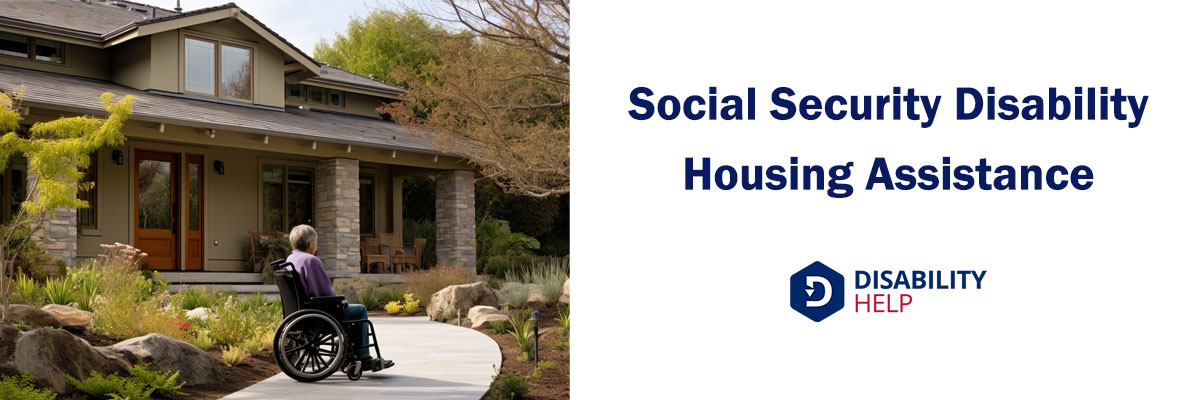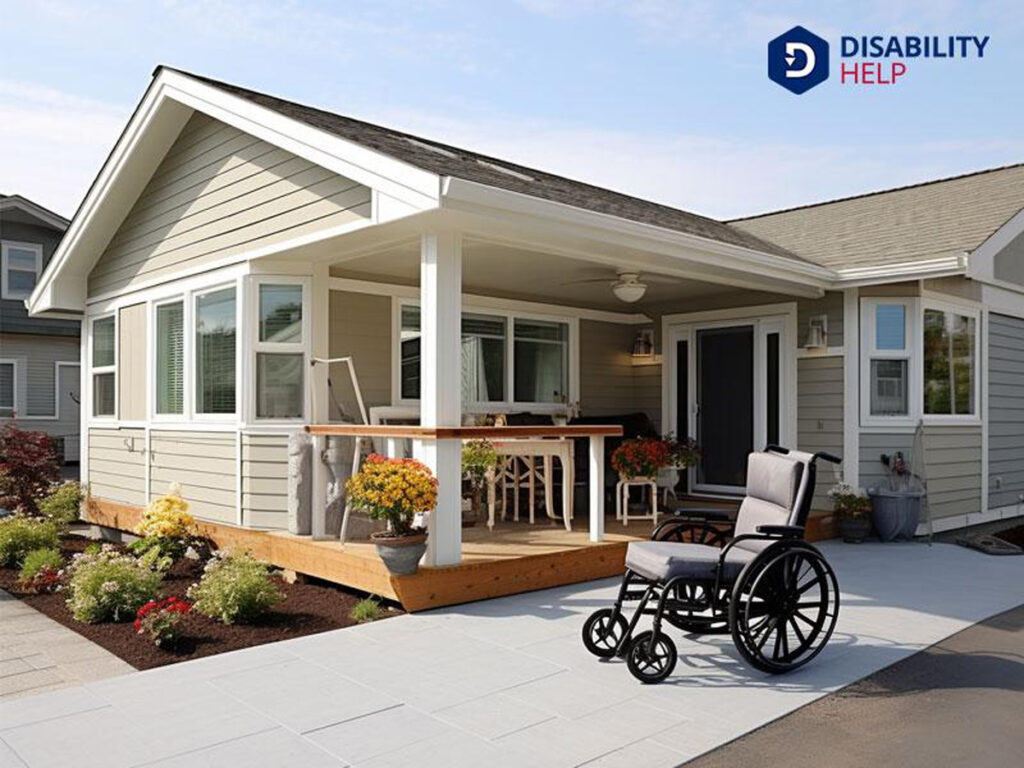
One of the most well-known programs administered by HUD, Section 8 offers housing vouchers that subsidize the rent for qualifying individuals, ensuring they spend at most 30% of their income on housing. [2]
Those relying solely on Social Security Disability Insurance (SSDI) benefits often struggle to afford housing due to limited income, especially in the competitive U.S. rental market.
The NHTF is a continuous fund, but 10% of its resources are dedicated to rental housing. his ensures that renting remains a viable option for those who might not be able to buy a home. [3]
Many individuals with disabilities face significant barriers in securing affordable and accessible housing, putting them at risk of institutionalization or destitution.
Table of ContentsThere are many obstacles to housing for people with disabilities. Many disabled people are at risk of institutionalization The practice of placing individuals with disabilities in long-term care facilities, often criticized. or poverty in the absence of affordable, accessible housing in the community.
Disabled people who rely solely on Social Security Disability Insurance (SSDI) benefits without additional income may have trouble affording housing or rent. SSDI recipients are frequently only able to afford the rental market in the United States due to their low income if they have another source of livelihood.

Complicating matters, disabled people typically require housing that is specifically tailored to their needs. They frequently require purpose-built housing, including handrails in bathrooms and showers, wheelchair-accessible kitchens, and other features that cater to their limitations.
Finding housing with even basic accessibility The design of products, devices, services, or environments to be usable by people with disabilities. features can be difficult, if not impossible or unaffordable, for people who use mobility devices. As a result, accessible housing for the disabled is commonly more expensive due to these accommodations Modifications or adjustments in healthcare settings to support patients with disabilities. and requirements.

To qualify for SSD Housing Assistance, applicants must meet specific criteria to ensure the aid reaches those most in need:
It's essential to review the guidelines of each specific program, as eligibility criteria can vary.
Fast Facts
While the Social Security Administration (SSA) doesn't directly offer housing assistance, several federal programs, like Section 8 and Section 811, are designed to help those with disabilities find affordable and accessible housing options.
Remember, each program may have its own specific requirements and application process. Always refer to the official guidelines provided by the housing authority or program you're applying to.
Social Security disability housing assistance refers to financial support and resources provided by the government to help individuals with disabilities secure affordable and accessible housing. Programs like Section 8 Housing Choice Vouchers and the Low-Income Home Energy Assistance Program (LIHEAP) are examples of assistance available to eligible individuals.
To qualify, you must have a documented disability and meet specific income requirements. Eligibility criteria may vary depending on the program. Generally, your income must fall below a certain threshold, determined by the Federal Poverty Level (FPL) or a percentage of the Area Median Income (AMI).
Yes, SSDI or SSI can make you eligible for housing assistance programs. You must still meet the program requirements you are applying for, such as income limits and disability documentation.
Yes, many states offer their housing assistance programs tailored to the needs of residents with disabilities. These programs may provide financial assistance, home modification grants, or rental subsidies. It's advisable to check with your state's housing department or local public housing authority to learn about programs specific to your area.
If you believe you've been discriminated against due to your disability while seeking housing, you have rights under the Federal Fair Housing Act. This act prohibits discrimination based on disability, among other protected categories. You can file a complaint with the U.S. Department of Housing and Urban Development (HUD) or consult a legal expert specializing in housing discrimination cases.
Individuals with disabilities prefer to live in their communities rather than in institutional settings such as care homes or mental health facilities, which are more isolating. However, housing that is safe, stable, and affordable continues to be out of reach for millions of disabled people and their families, compromising their access to health care.
Remember that you are also protected under the Federal Fair Housing Act if you receive SSDI or SSI benefits. This means you cannot be denied the opportunity to rent or buy property based on your disability, regardless of whether you reside in private or public housing.
Aside from housing, disabled individuals can also receive more assistance from the SSA. Disability Help can walk you through the process of filing for disability benefits!